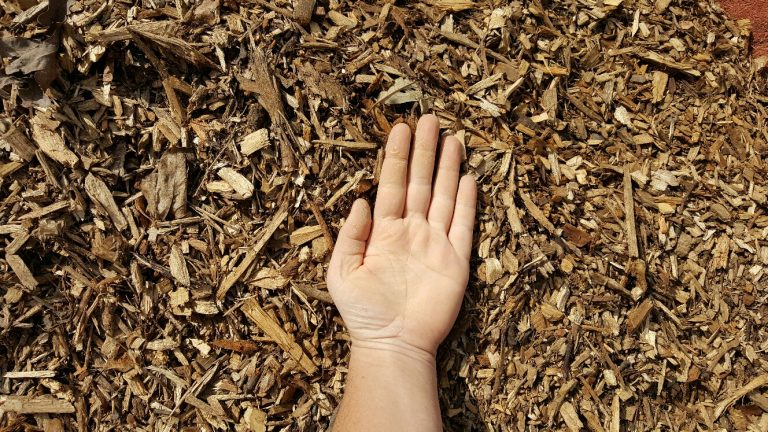
Stormwater management, according to the EPA, is the attempt to reduce and direct rainwater runoff or melted snow from urban areas, streets, lawns, and homes in order to improve water quality. Additionally, it aids in undoing the damaging impacts of stormwater floods in urban and rural areas brought on by agriculture and other human endeavors like building infrastructure.
Stormwater is liquid that is produced by melting snow and ice or by rain. Stormwater is intended to evaporate or infiltrate into the earth in a natural setting. For example, in environments like forests, where the soil absorbs a large amount of rainfall and plants help hold a large amount, very little goes off.
The increase in surface runoff that results from this makes stormwater pits management useful. In particular, it aids in reducing the amount of rainwater runoff or snowmelt from lawns, streets, and urban areas, which aids in enhancing the quality of water by halting the entry of harmful bacteria, chemicals, heavy metals, eroded soil, and other bacteria into wetlands, rivers, streams, lakes, and oceans.
Naturally, to maintain the hydrologic cycle
By preserving the natural hydrologic cycle, stormwater management is essential for the preservation of thriving streams, lakes, and aquatic life as well as for the support of human needs.
Infiltration can limit soil replenishment and groundwater recharge without effective stormwater management. It is important to remember that soil moisture is necessary for supporting flora, which is why it also plays a part in preserving the natural hydrologic cycle.
Reduce the likelihood of floods
Management of stormwater effectively aids in reducing flooding. A low risk of flooding means that areas that practice stormwater management are less likely to experience the negative effects of floods.
Avoid harmful stream erosion
Stormwater management aids in minimizing the rate and volume of water that enters streams, hence reducing the likelihood of severe erosion. Without proper stormwater management, the stream may not be able to carry out its typical job of carrying water and sediment because of excessive erosion.
Safeguard water quality
The management of stormwater is essential for maintaining the quality of the water. Grease, oil, pesticides, metals, plastic, and other contaminants from gardens and everyday use have a tendency to accumulate on surfaces. Streams, lakes, oceans, and even groundwater may become contaminated if stormwater is not properly managed.
Stop soil erosion
Stormwater in agricultural areas can reduce the yield of the land by removing the fertile soil cover. In addition to topsoil, it can also carry plant waste, which reduces farm output. If not properly controlled, stormwater runoff, particularly in muddy places, can cause soil erosion, rendering agricultural land unusable for farming. As farmers work to establish a favorable environment for agriculture, it may also drive up the cost of production.







